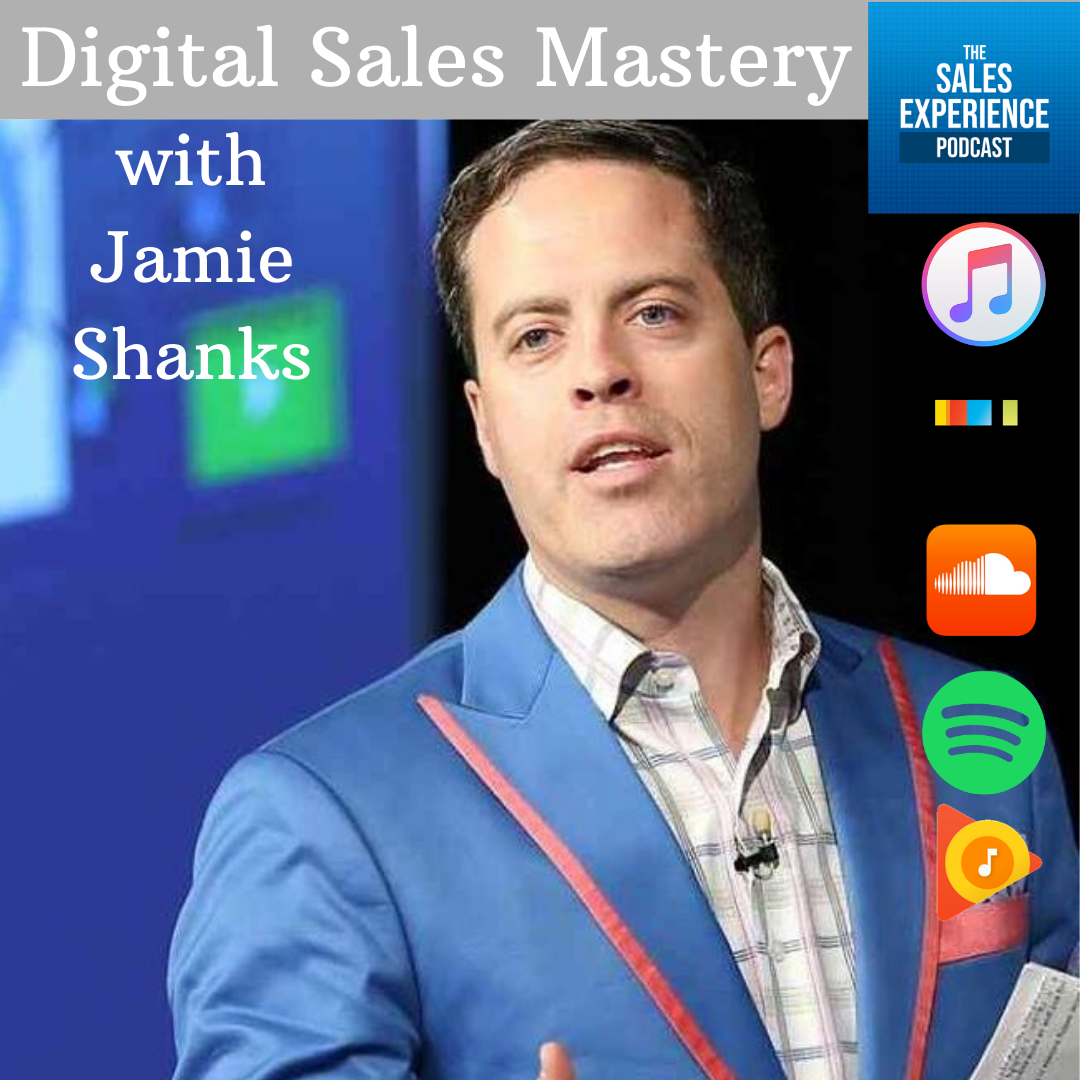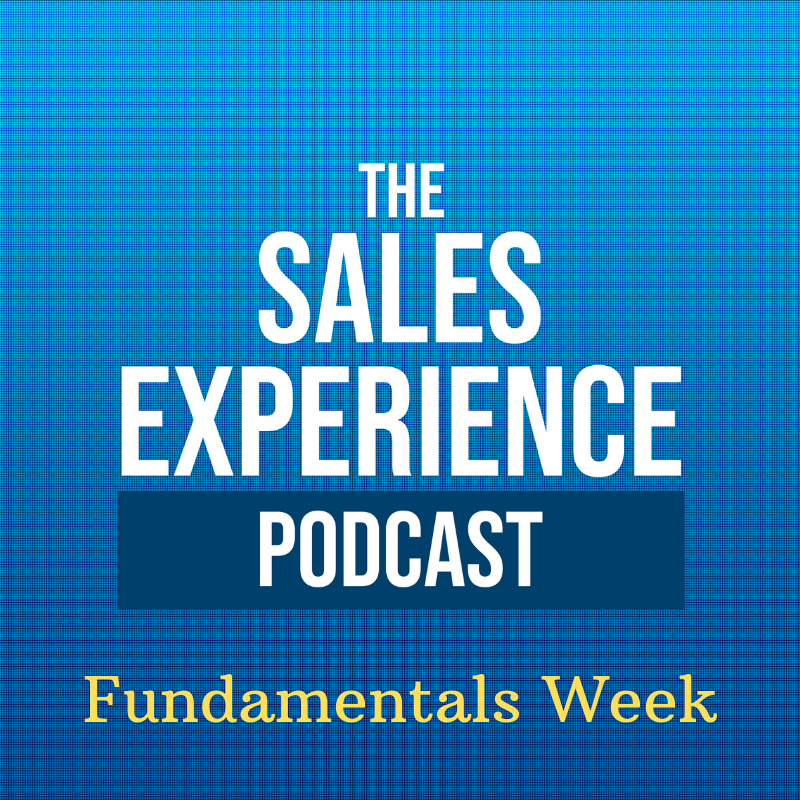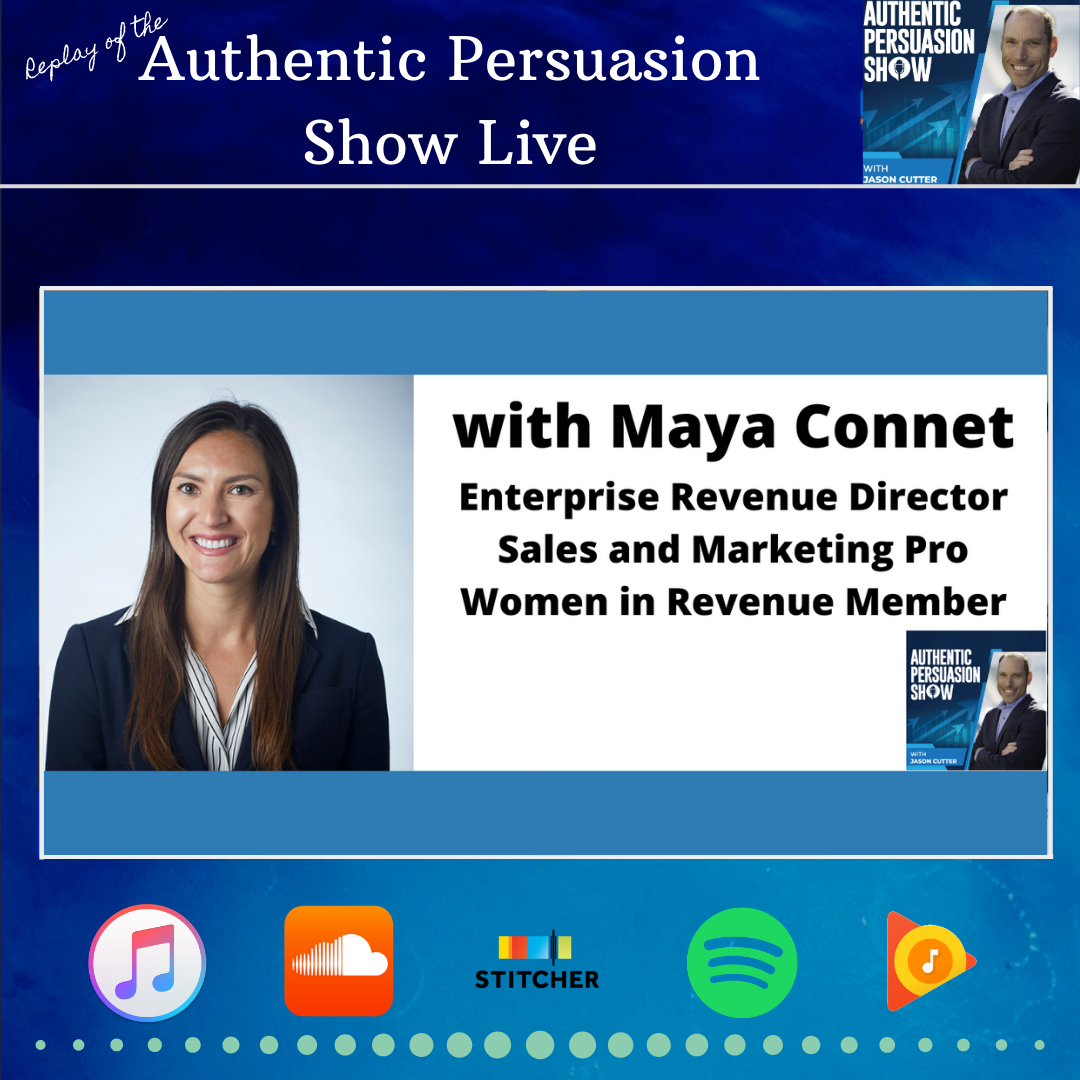Episode Transcript
Warren Picket: With an organization or a brand where you have a marketing team, how can those marketers really best support lead buyers to succeed in getting new customers, getting those conversions?
Jason Cutter: The first thing that always comes to my mind that I caution everybody on both sides of the fence is setting the right expectation. I think that's a huge point for a buyer. I remember early in my buyer career, it's not a label I ever thought of until I got into your world with LeedsCon and this kind of performance marketing side is seeing myself as a buyer.
But I remember in the beginning when I was a buyer and not knowing any different and, taking over a sales team and talk to performance lead provider and they say, okay, I can get you 200 calls a day, right? 200 warm transfers a day. Okay. That's great. Sounds good. I need that. I have 20 reps. I need them to get 10 calls a day.
That's perfect. Campaign starts. I get three calls or five calls or 10 calls. And that expectation was set at a level. Sounded good over promised under delivered was terrible on all sides. So I think the expectation, the lead providers who I've worked with that have been most successful, who I've enjoyed working with the most always set good expectations.
You can get This many leads, this is what it's going to be like, here's the quality. Here's what it's going to be like and how long it's going to take to get it dialed in such that you're effective with these leads, right? Not like closing them day one, but here's what you can expect. And that is huge from the buyer side.
Yeah,
Warren Picket: absolutely. And when you're setting those expectations, when you're setting sales quotas or things like that. Can you talk a little bit about just where does that responsibility lie? Because you're talking about somebody who's buying leads. You're talking about your marketing team and the way that they reach out.
And obviously there's a lot of synergy that needs to happen between marketing and sales, but where do you see the impetus on making sure that those expectations are set correctly?
Jason Cutter: It's really a function on the buyer's side because they're the ones taking them in and know what they need for me.
I generally put it on the buyer, right? Like buyer beware, when somebody is making promises or setting expectations, then that's on me, right? If I'm the buyer, I'm a VP of sales and marketing, I have a team of 50 reps. I know how many calls I want them to take each day or how many leads I want them working on.
Then it's up to me to manage it. And I've got to be the one to balance it for my sake, right? Like I can't blame the lead providers. If they're not following through, I've got to make sure I have backup plans or other options for me. And maybe I'm unique in that way. I'm all about personal responsibility and controlling what I can and having those options.
Warren Picket: And, this is probably also a loaded question to some extent, as a lead buyer and you're looking to work with a lead provider. Without going to the lowest common denominator without always trying to get the most leads or the best qualified leads for the lowest price. As a lead buyer, what should you be looking for in that relationship or in those leads you're trying to get in, to, to share with your team?
Jason Cutter: I feel as an evolved. Lead buyer, right? And I can speak from not being one to being one and now helping companies with that is really, it's about that cost per acquisition, right? Or cost per customer, depending on what label you use and knowing what your number needs to be for acquiring a new customer.
And then, from a marketing standpoint, not staff, not bonuses, not all that, but, and then working backwards to. Conversion rates, cost per lead, and then what does it take for a campaign to be successful, whatever that might be. And knowing that number and then buying based on that number. I tell people this all the time.
I'm totally fine with a 50 lead, 50 phone call, 100 phone call, right? If it converts and the numbers make sense, it's just numbers, right? I've done direct mail campaigns where each phone call is 55 based on the response rate. That sounds expensive to some people. They freak out. But to others, it's Hey, if you can close at a good rate and you can have happy customers out of that.
It's just a numbers game. And the right buyers, in my opinion, aren't looking for the lowest cost. That's where you get into a dangerous game because, it's like buying cheap clothes that don't last as long and you have to replace them often, right? Buying cheap leads You're going to have a lower conversion rate, which means ultimately either you're going to burn out your sales team or you're going to have a higher cost per acquisition anyway, and it's just not worth it.
And so as a lead provider, really, to me as a buyer, it's not always about the lowest cost.
Warren Picket: Yeah, absolutely. Like you said, oftentimes, if you're going that route, you're going to end up paying more in the long run to try and get those leads to convert. Jason, looking at the description that we put together for this podcast, talk a little bit about just what are some of the biggest roadblocks from a buyer's point of view in getting a lead to convert?
What are the things that kind of hold people up along the way?
Jason Cutter: The first thing that I always notice and I see as the number one issue is that the message isn't congruent. So there's some kind of lead provider. That's doing some type of marketing again, could be digital, could be whatever. It doesn't matter.
They're doing something to start a conversation with this perspective buyer. That conversation has begun, right? And the person is thinking about it and having an expectation in their mind about what they're going to get help with, what it's going to do for them. Maybe what it's going to cost, what's going to be involved and what the outcome is going to look like.
And so they start this conversation, whether anybody wants to admit it or not, that's starting. Even if it's a Facebook ad, it doesn't matter. Then what happens is that lead, that prospect, gets to a salesperson. The salesperson then has to continue that conversation or It's not congruent. And the problem is the prospect will go, Hey, that's not what I saw.
Hey, that doesn't make sense. That's not what I was thinking. I was going to get help with. And then next thing the sales rep is having to dig themselves out of a hole. The challenge is sometimes prospects don't say that very few prospects will say, Hey, that's not what they told me. Some will.
Most just won't, and then they'll go away quietly, never to be heard from again. And so one of the biggest things I've always pushed for with my lead providers is to know what their message is. And a lot of times some of them don't want to share it, right? They think that's their secret sauce, but having a relationship where I can trust them and they can trust me.
I want to see what is that message so that my sales reps can have in their. Opening part of their conversation, something that picks up that conversation and moves it forward effectively.
Warren Picket: Yeah, definitely. And maybe that's a good plug for a well set up CRM, where you really can continue that conversation, what's been communicated and that customer can really feel comfortable that the information that they discussed with the marketer, that it was made in an offer really did translate to the salesperson and they can make that stick and get that consumer to close as a customer.
Jason Cutter: Yeah. And that's one of the biggest things I've always done. When using performance lead providers and being on the buyer side within companies is getting as much of their copy as possible, whatever that looks like from a marketing standpoint and sharing that with the team. So they know where to pick up that conversation, even if they don't stay in that part of the conversation very long, at least they know.
And it seems like it's one cohesive brand, one cohesive message all the way through. That's huge. That's like the number one thing. Then the number two thing that I would say when you brought up CRM, which is. Perfect is that, where most most buyers, most sales companies fall short is if they're getting inbound leads, especially is they talk to that inbound lead.
They don't necessarily put a lot in their CRM. They're not doing a lot of follow up. They're not managing that pipeline. And one of the biggest challenges I've seen is that if the company, the buyer is not careful, what happens is they end up creating a culture of reps who are physically or virtually putting their feet up on their desk, waiting for new inbound leads and not nurturing or following up with their previously unclosed leads, which is where.
Probably most of their value in gold is so they're going to have a terribly high cost per acquisition They're going to have a terrible response and feeling about the leads because they're not closing enough which will then Trickle its way to finger pointing at the lead provider
Warren Picket: And that kind of leads into my last question, which I was just thinking about.
And again it's somewhat of a loaded question, but being in the buyer seat, what do you wish lead providers would do better or how can they improve the process, improve their relationship so that lead buyers really do feel empowered with the quality and the number of leads that they're.
Jason Cutter: I think it's those two things like I talked about earlier.
One is setting the right expectation and working on it long term. So it's not just about, Hey, we're going to get you some leads this week and hopefully that works out. It's okay. We want to do this longterm. We want to get to know you and then start off with something reasonable. It's, on a separate side point that just came to mind is there's a balance, right?
Because lead. Providers have been burned, and so they want a bunch of money up front. They want some deposits. They want, prepaid for their leads so that they don't get burned again, and they're not out a bunch of money. And buyers don't know who to trust, and if you've been a buyer for any length of time, you've also been burned by lead providers, and then you don't want to trust them, and you don't want to pay.
A bunch of money up front. And so it's about a relationship and finding a balance there where it makes sense such that you can start off that relationship. It's like any relationship. You're not going to instantly get. Married to someone, there's a dating process. Same thing with buying and selling of leads.
It's a relationship and you've got to ease into it. Whatever is reasonable for both sides. And of course, on the lead provider side, there's a lot of setup. There's the marketing has to be done. And so there's a lot of capital investments. That occurs, but it's about making sure the buyer feels comfortable.
So one part is expectation. One part of starting that relationship off. And then it's about sharing the collateral and communicating and being open to feedback and making changes. The best providers I've worked with, they're literally listening to calls right alongside with me. me and we're listening to it and I'm taking responsibility where my reps have gone wrong.
They're taking responsibility where their marketing or reps have gone wrong and wanting to work on it together. Yeah. Yeah.
Warren Picket: And Jason, I said that was going to be the last question, but one more that just popped in mind, when you are starting out as a lead buyer, working with a new provider, do you have any best practices or recommendations around, how to test the waters?
What sort of testing should you be looking at? Things that you should be considering when you're brand new to that process.
Jason Cutter: I think one of the big things is if you're on the buyer's side, if that's who we're talking about and you're wanting to test out some campaigns is be careful to not go too far from what you're already doing, that's already working, meaning if you're currently doing web form fills and those are working really well for your team, going to live transfers, warm inbound calls.
Totally different world, right? They both have their positives. I think they're both great. I think any type of lead is great. There's reps out there who hate web leads, but they love calls. They hate mail, but they love, Facebook banner, like whatever, everyone kind of has that bias, but I think they're all great, but you have to be aware of your culture in your company and what your sales reps are going to and what they're going to do well.
There is truly a different mindset when you're talking about, let's say it's a warm transfer call versus a Facebook call versus a direct mail inbound call. Those are three different types of people and three different conversations and three different approaches from a sales perspective where you've got to treat them differently.
You can't treat them all the same. And so you've got to really know as a buyer who you have on your team. What are they good at? Where do they normally play well? What kind of leads and then expand from there without going too crazy, unless you have a good subset of your team that, you can throw anything at and they're just going to crush it.
Then you can use them as your test group for those leads. And then that's what I always do. I always recommend some small portion of the sales team to be testing leads. So you can get honest feedback where they'll try really hard on those leads. Incentivize them well to close any new campaigns that happen.
So you can get a real calibration. Is this going to work? For the good reps, which means could it work for the average reps on the team? And then is this something I want to continue?
Warren Picket: Awesome.
![[Replay] LeadsCon Industry, Warren Picket](https://episodes.castos.com/salesexperiencepodcast/images/LeadsCon-Industry-.png)


